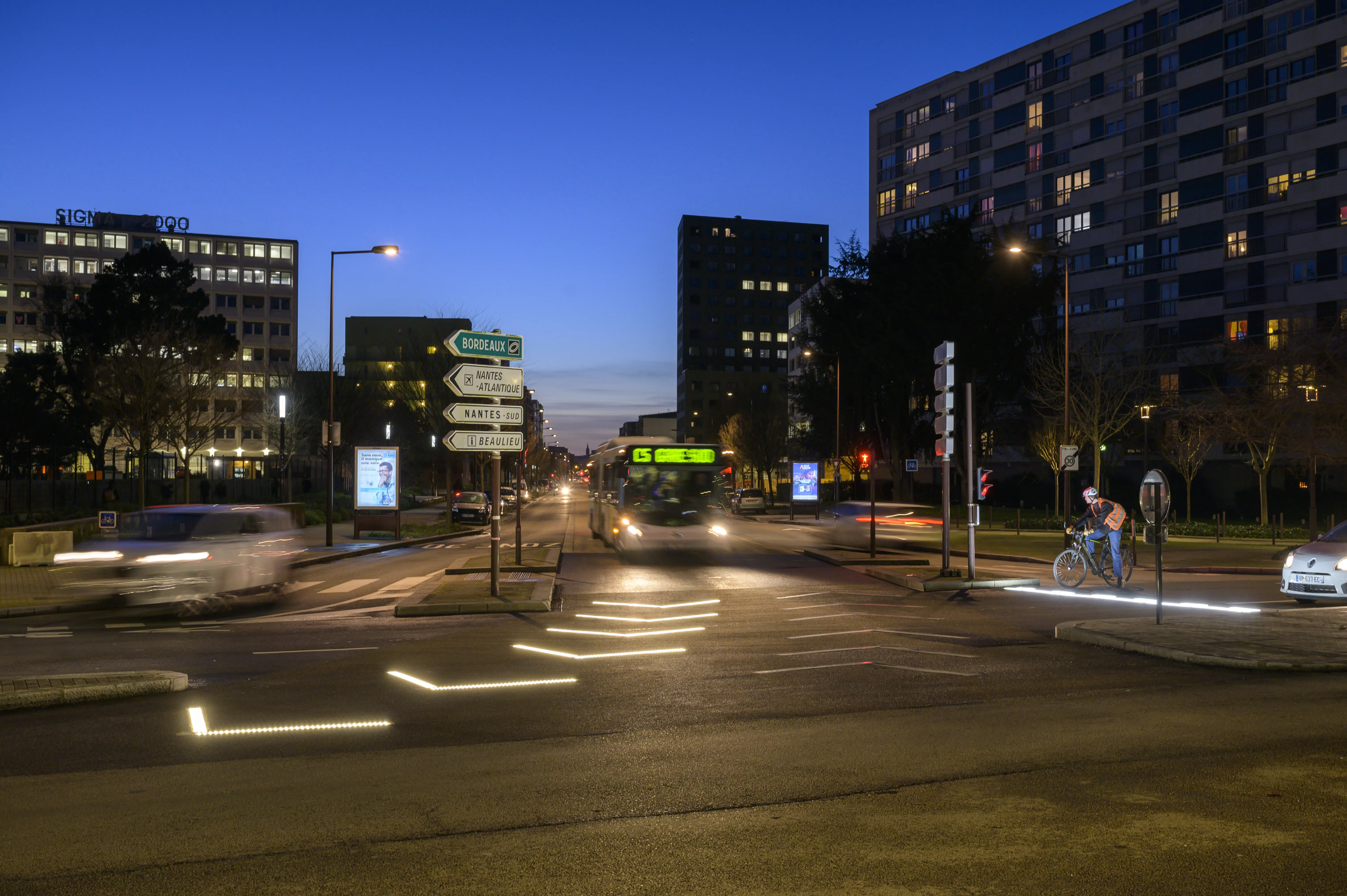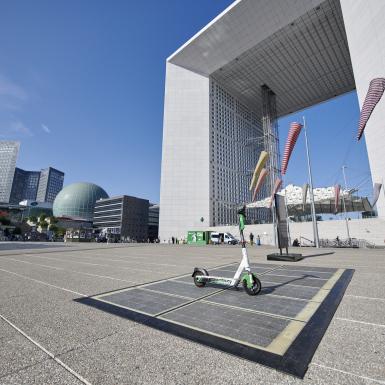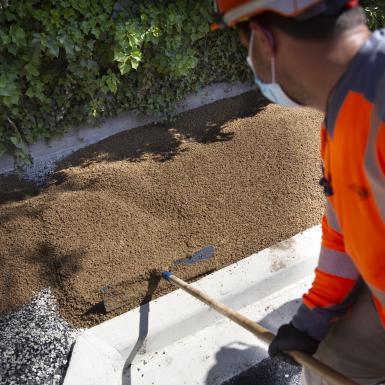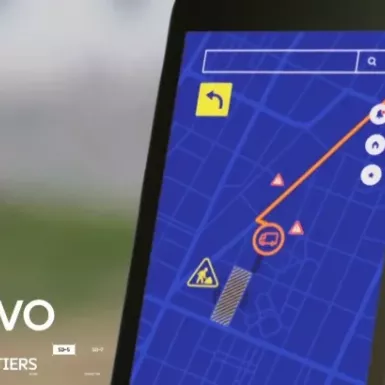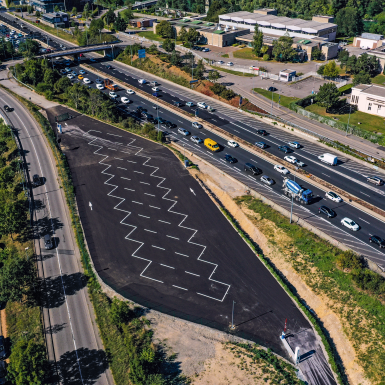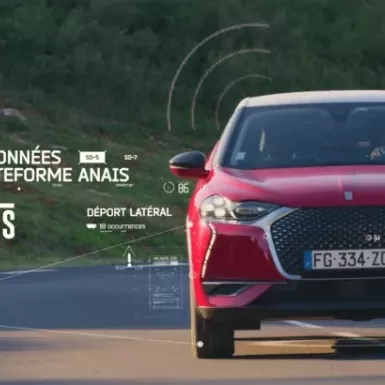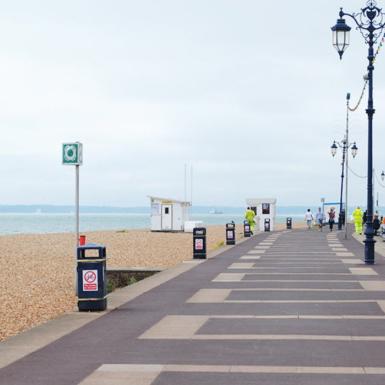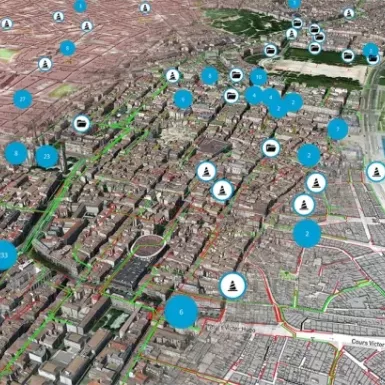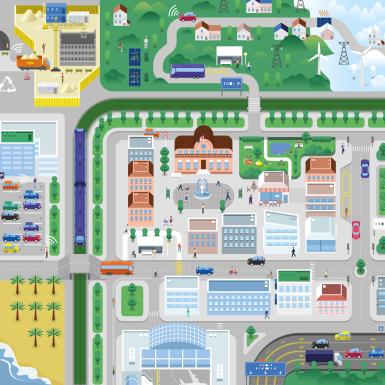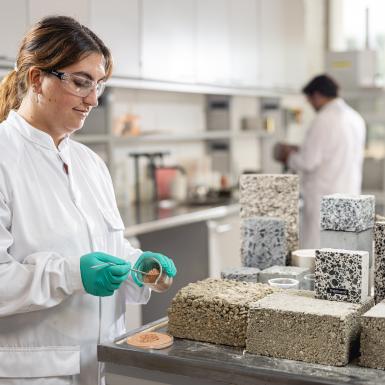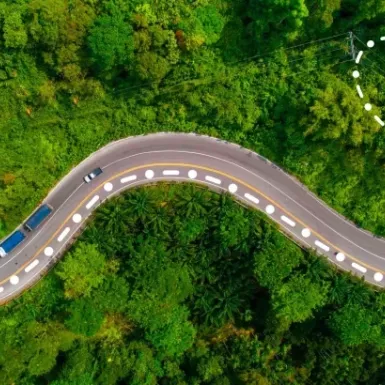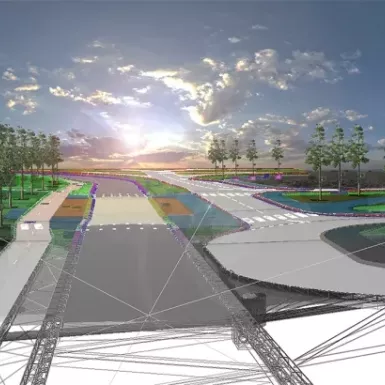Designing more sustainable mobility solutions
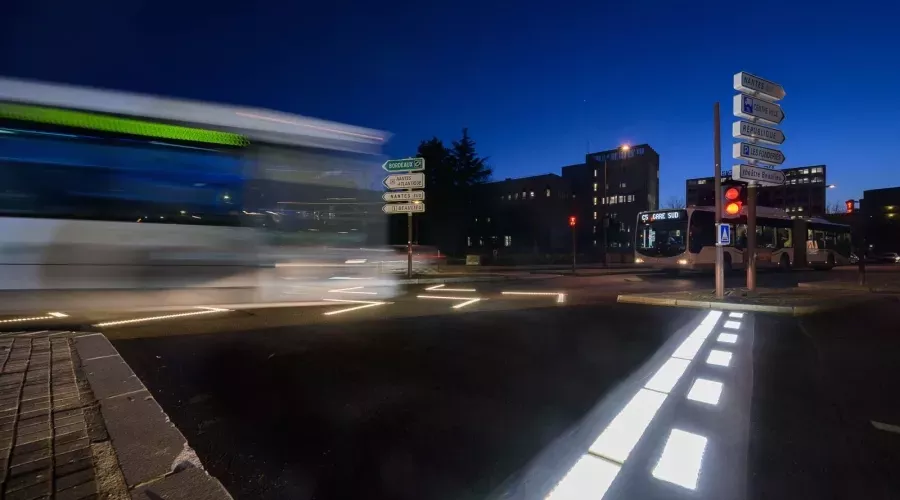
Designing more sustainable mobility solutions is a challenge encompassing how we get around, how we transport goods and all the infrastructure this involves. Improving access to rural areas, developing regions and protecting the environment are all priorities that require a new approach to transportation infrastructure and the introduction of new mobility solutions. Innovation has been at the core of Colas’ culture for over 90 years. The pioneering spirit of its employees is a powerful driving force behind the Group. Innovating in the field of mobility means never losing sight of its role as a service – for people and the planet. It’s about ensuring that development in one area does not jeopardize the future of another. We have to make our contributions meaningful so that we can move forward, together, in the right direction.
